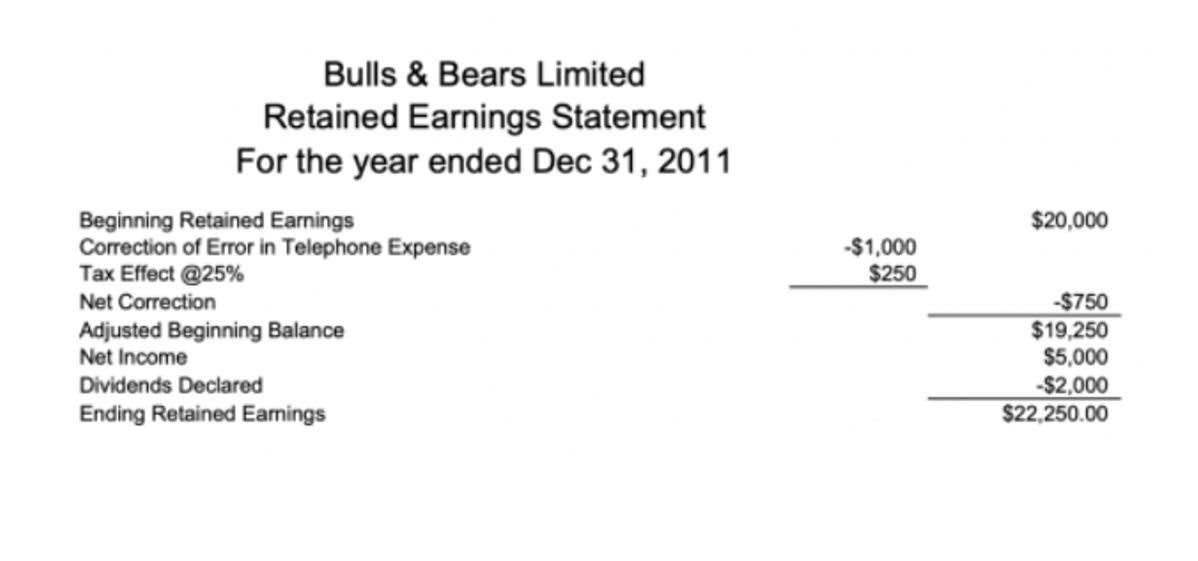
The informal phrase “closing the books” describes an accountant’s finalization and approval of the bookkeeping data covering a particular accounting period. When an accountant “closes the books,” they endorse the relevant financial records. These records may then be used in official financial reports such as balance sheets and income statements.

While standardized financial reporting processes, the accounting conventions consider comparison, full disclosure of transaction, relevance, and application in financial statements. For example, the plant and machinery was purchased by a company of Rs. 10 lakhs and its life span is 10 years. According to the Going concept, every year some amount of assets purchased by the business will be represented as an expense and the balance amount will be shown as an asset in the books of accounts. The accounting cost concept states all the business assets should be written down in the book of accounts at the price assets are purchased, including the cost of acquisition, and installation.
The Accounting Cycle: 9-Step Accounting Process
A fixed cost (or fixed expense) is a cost that stays the same regardless of increases or decreases in a company’s output or revenues. The term is sometimes used alongside “operating cost” or “operating expense” (OPEX). Revenues and expenses recognized by a company but not yet recorded in their accounts are known as accruals (ACCR). By definition, accruals occur before an exchange of money resolves the transaction. Examples include bank loans, unpaid bills and invoices, debts to suppliers or vendors, and credit card or line of credit debts. Rarely, the term “trade payables” is used in place of “accounts payable.” Accounts payable belong to a larger class of accounting entries known as liabilities.

We can illustrate each account type and its corresponding debit and credit effects in the form of an expanded accounting equation. You will learn more about the expanded accounting equation and use it to analyze transactions in Define and Describe the Expanded Accounting Equation and Its Relationship to Analyzing Transactions. This concept is important when valuing a transaction for which the dollar value cannot be as clearly determined, as when using the cost principle.
Cash Basis Accounting
The articles and research support materials available on this site are educational and are not intended to be investment or tax advice. All such information is provided solely for convenience purposes only and all users thereof should be guided accordingly. Therefore, accounting principles play a crucial role in ensuring that accounting practices are uniform, scientific, and easily adaptable. As a business language, accounting must be simple to understand for the people who own or manage the company’s affairs.

When retained earnings (RE) are positive, they increase the organization’s equity. That equity may then be reinvested back into the business to fuel its future growth. An enrolled agent (EA) is a finance professional legally permitted to represent people and businesses in Internal Revenue Service (IRS) encounters. EAs fundamental accounting concepts must earn licensure from the IRS by passing a three-part exam or accruing direct experience as an IRS employee. It was developed for students and entrepreneurs to build their familiarity with accounting vocabulary. The Internal Revenue Service also requires consistency for the purpose of filing small-business taxes.
Basic Accounting Terminology and Concepts
It is important to remember that auditing is not the same as accounting. The role of the Auditor is to examine and provide assurance that financial statements are reasonably stated under the rules of appropriate accounting principles. The auditor conducts the audit under a set of standards known as Generally Accepted Auditing Standards.
As you may also recall, GAAP are the concepts, standards, and rules that guide the preparation and presentation of financial statements. If US accounting rules are followed, the accounting rules are called US GAAP. International accounting rules are called International Financial Reporting Standards (IFRS). Publicly traded companies (those that offer their shares for sale on exchanges in the United States) have the reporting of their financial operations regulated by the Securities and Exchange Commission (SEC).
Double Entry Accounting System
Tracking operations that record, administrate, and analyze the compensation paid to employees are collectively known as payroll accounting. Payroll also includes fringe benefits distributed to employees and income taxes withheld from their paychecks. A liability (LIAB) occurs when an individual or business owes money to another person or organization.
- In those cases, you can preserve limited liability protections only by separating business and personal finances.
- This was that Andrea agrees to buy goods from Brian on 25 January and Brian agrees that Andrea can wait until 25 March to pay for the goods.
- Accounting information is not absolute or concrete, and standards are developed to minimize the negative effects of inconsistent data.
- In that case, the company might need to start considering the liquidation value of assets.
- Under the materiality concept, transactions should be recorded when not doing so might alter the decisions made by a reader of a company’s financial statements.
- Let’s consider the following example to better understand abnormal balances.